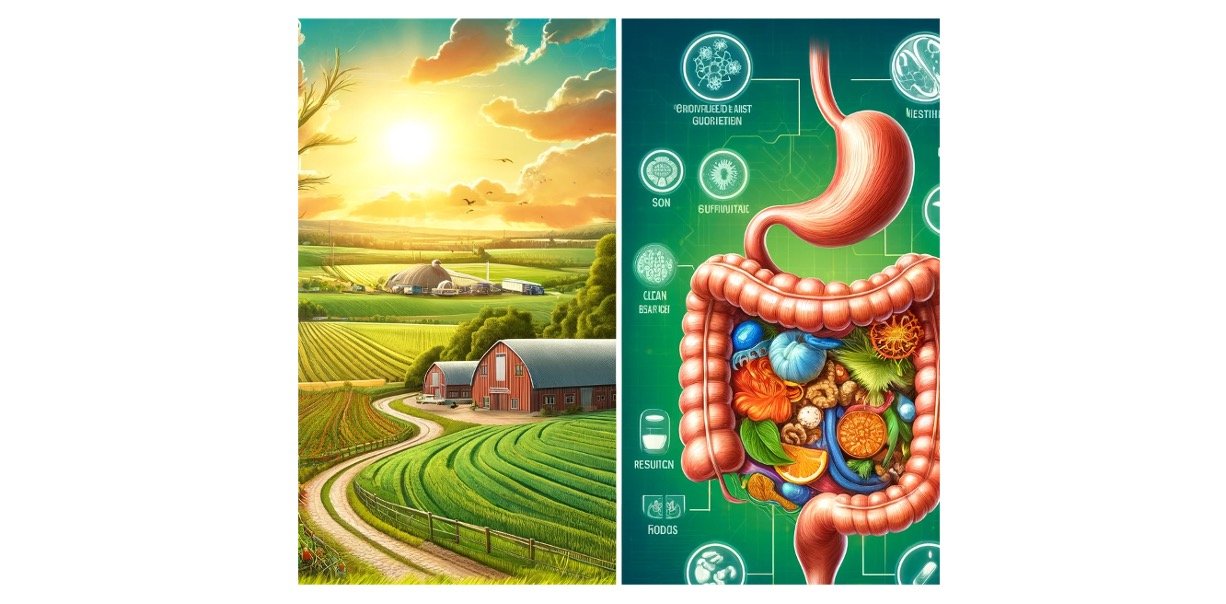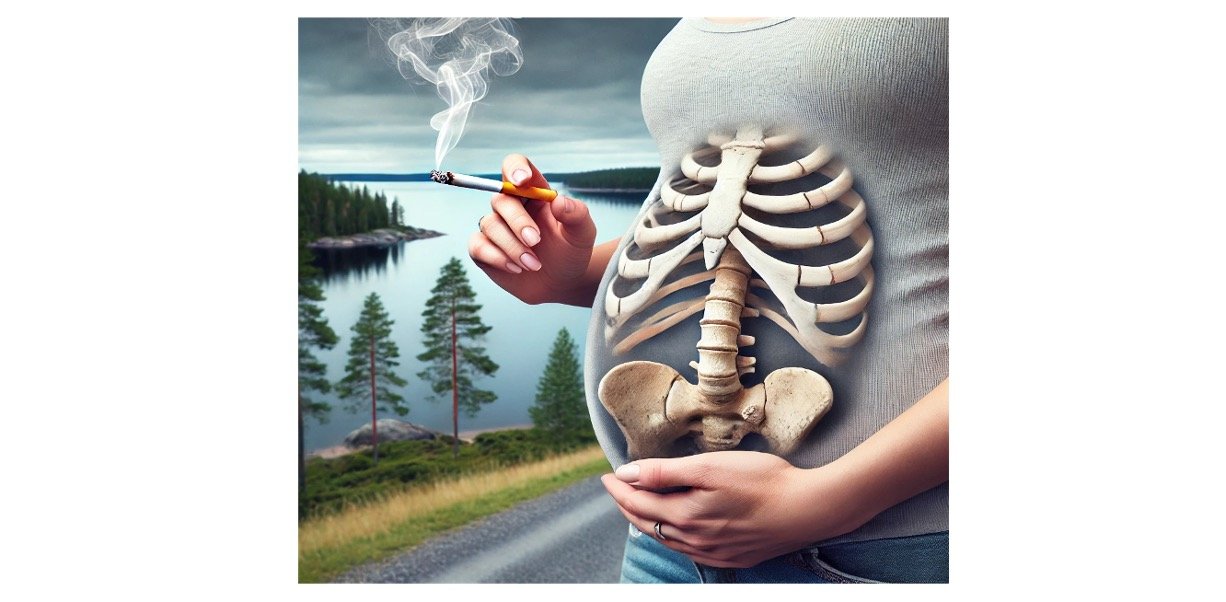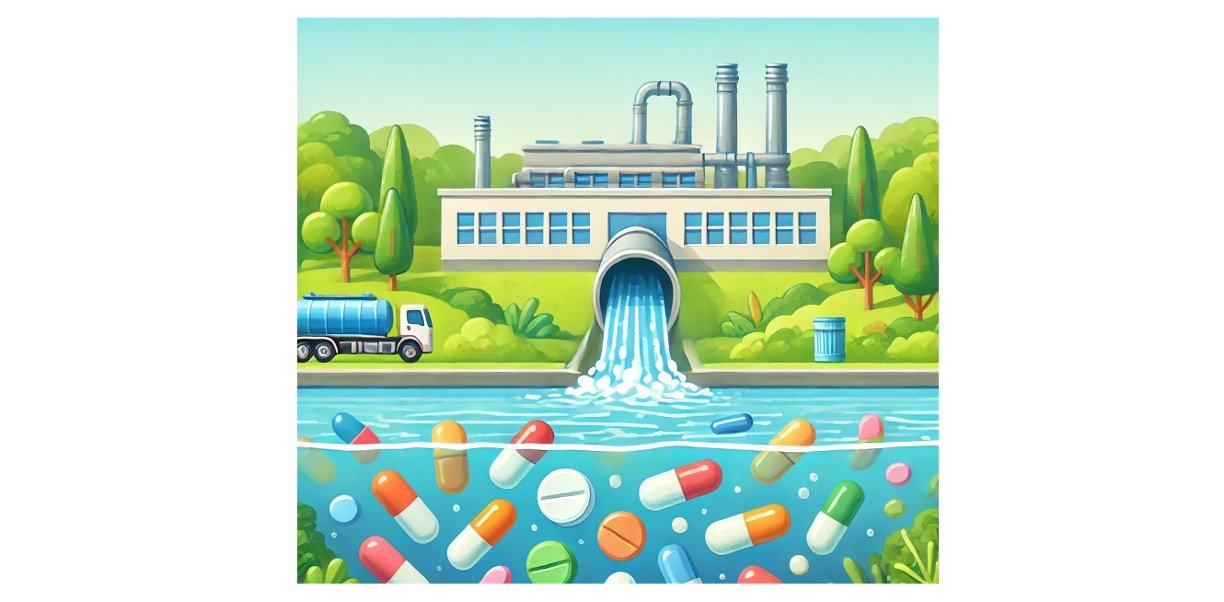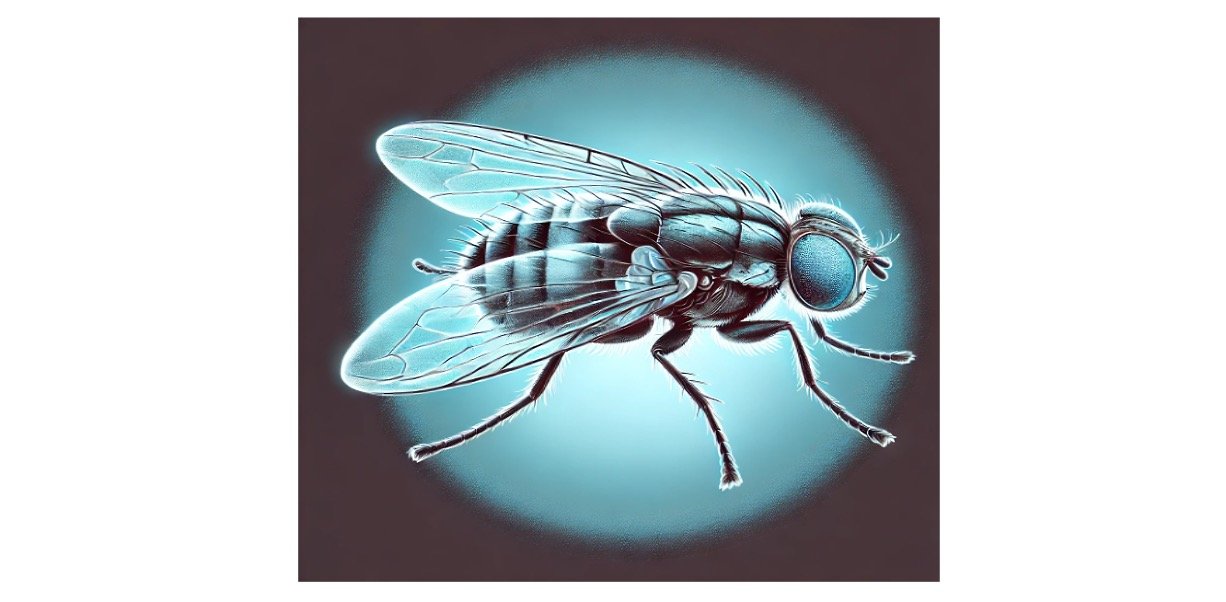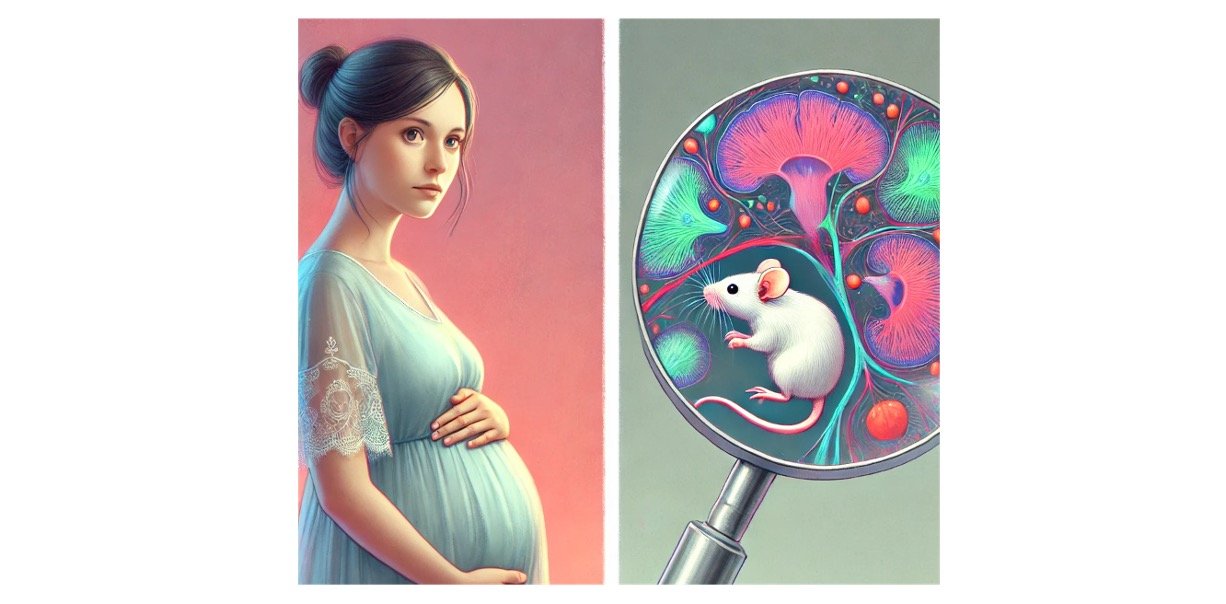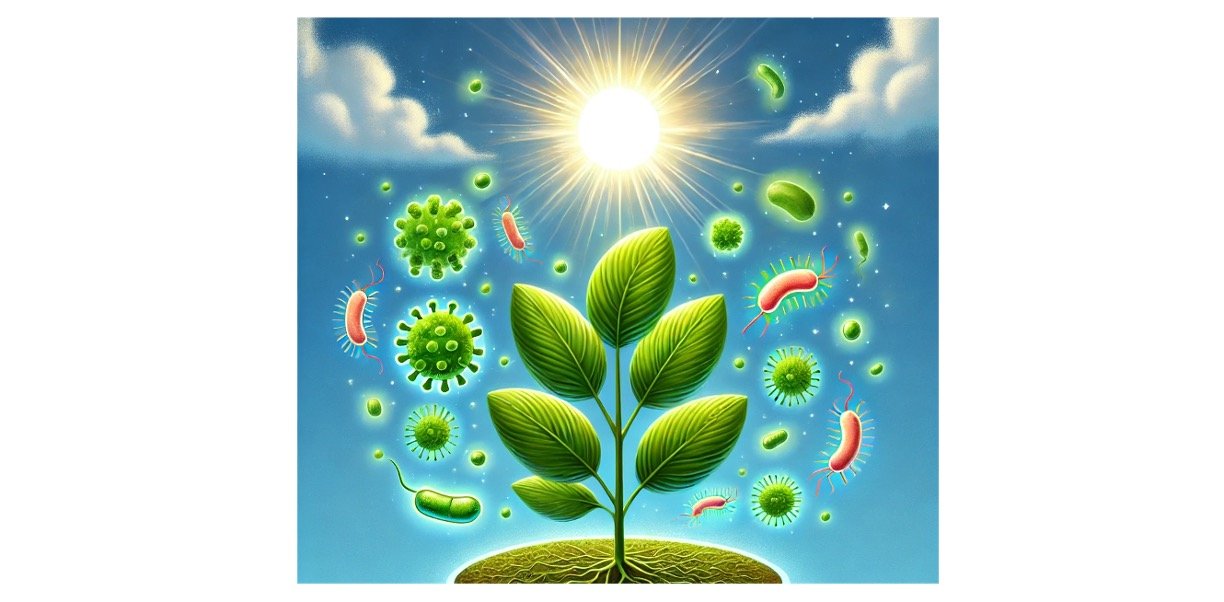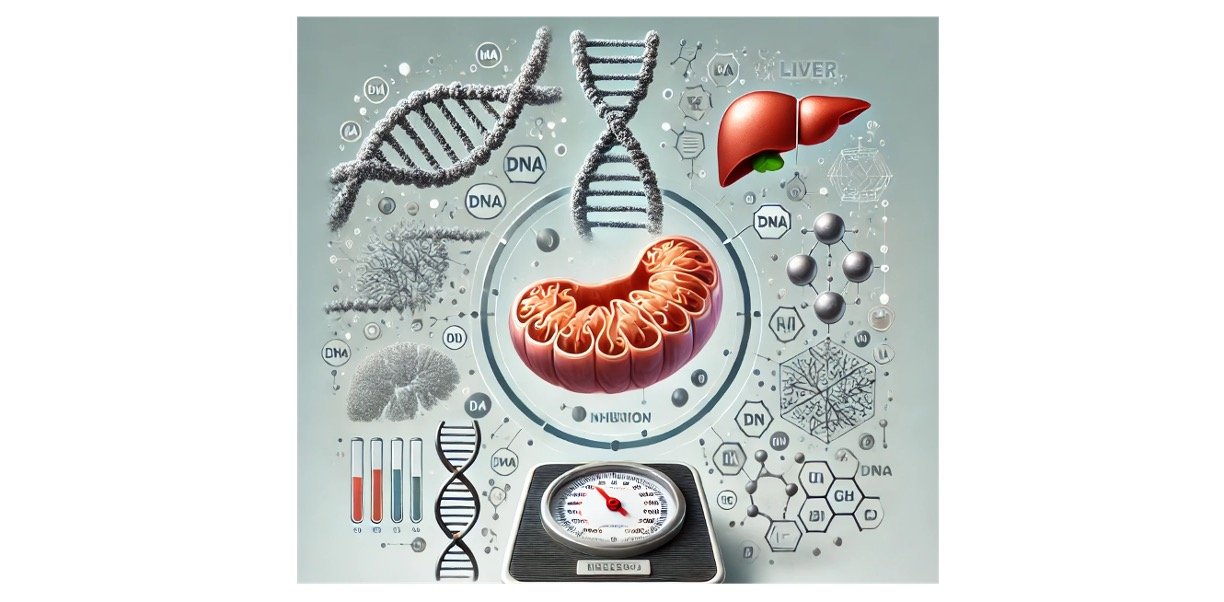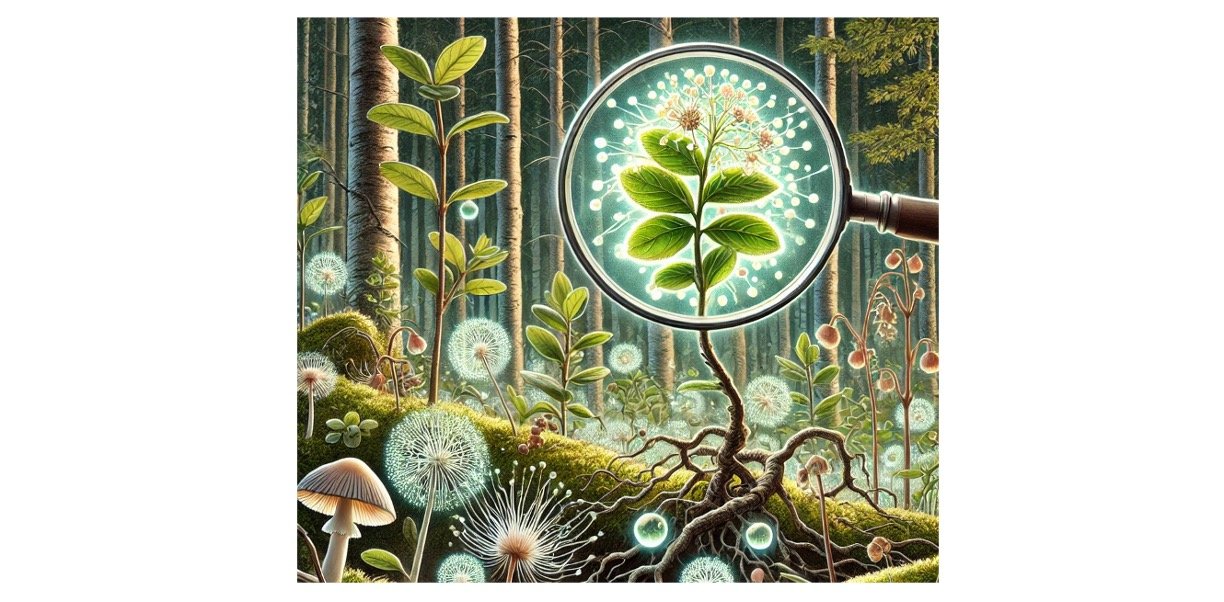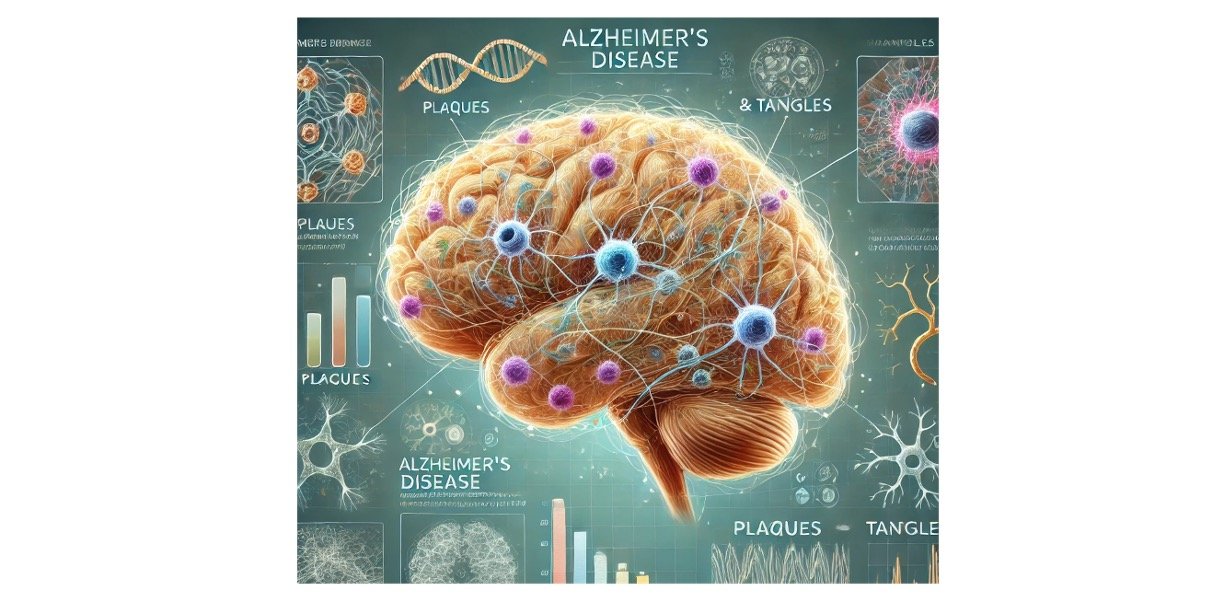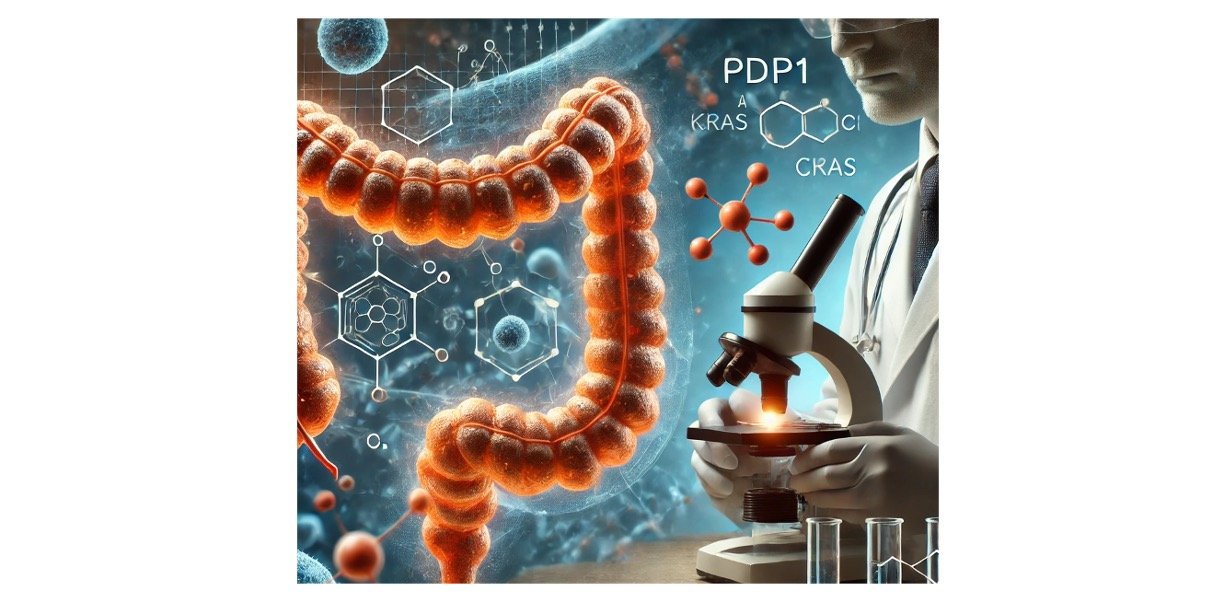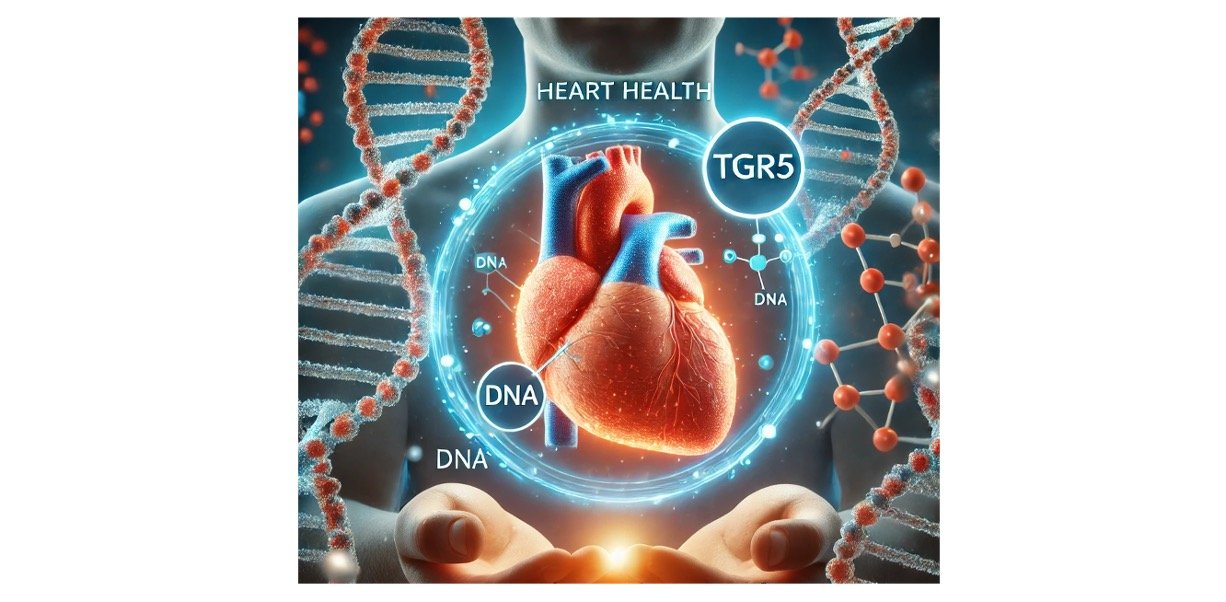Table of Contents
What are Organic Compounds?
A compound falls into the category of organic when it is attached to another group which is either carbon- carbon or carbon hydrogen is said to be organic compound. When 2 or more than 2 groups are attached to each other chemically it is called as chemical compound. A single atom could also be referred to an element. An element forms a compound when there is a bond holding them up together.
In chemistry, compounds are broadly categorized into organic and inorganic compound. If organic compound is defined as the one containing carbon, then a compound is said to be inorganic if it does not possess carbon atom.
Organic Compounds Vitalism
The roots of vitalism has been seen coming from Greek philosophy and ancient Egypt. The basic thought behind vitalism is that living things differ from non-living, thus making the living things to produce chemicals. As living organism are in the influence of vitalism, they have the ability to make such compounds.
Scientist such as Louis Pasteur who was working on pasteurization and spontaneous generation, assumed that there is some life which is responsible in the fermentation process, as only something living had the ability to make a process such as fermentation possible and referred to them as vitalism and the followers were called vitalist.
The reactions which required a bit of alterations to be made were called as inorganic compound. However, the theory was latter rejected by various experiments conducted further. In 1828, a scientist Friedrich Wohler identified that using inorganic salts urea could be formed. However, the vitalism theory considered urea as organic compound, produced from living person only.
Organic Compounds Ambiguities
A compound is said to be organic if it possess carbon atoms bounded via a covalent bond. This is the definition of organic compound according to the modern era. However, it was difficult for the scientist to come up with a proper definition as with carbon atom in an organic compound, inorganic compound could also come into picture.
Example of inorganic compound containing carbon are cyanides, carbonate, carbon monoxide, carbon dioxide, thiocyanates, and structurally different forms of carbon such as coal, diamond, graphite are all composed of only carbon, therefore cannot be categorized into the class of organic compound.
Organic Matter
Although organic compounds on the earth’s crust form a small percentage, they are significant and are of great value. Organic compound examples are proteins, nucleic acids and carbohydrates. As living things are made up of carbon, thus when they die it can be degraded as these organic compounds can be broken to smaller ones.
Organic material is also secreted by living beings and this matter is found in the environment such as in soil, water where it could provide nutrients to other living organisms.
Natural vs Synthetic Organic Compounds
Organic compounds can be divided in various ways such as on the basis of its synthesis.
a) Natural Organic Compound: As the name suggests organic compound which are produced through natural sources such as plants and animals. Making them artificially increases the overall cost. Natural compound example are sugars, enzyme, antigens, lipids, neurotransmitters like protein, vitamins, amino acids, lectins, alkaloids and terpenoids.
b) Synthetic Organic Compounds: From the name itself it can be said that it is artificially prepared by making some chemical alterations in the reaction. To obtain synthetic compounds they might take place in a chemical reaction. They could use natural compounds as well in the process. Example plastics are synthetically produced.
Small Organic Molecules vs Large Organic Compounds
On the basis of the size or the length of the molecule it can be broadly categorized into small organic molecules and large organic molecule.
a) Small Organic Molecule: A molecule is said to be small if it has a molecular weight of less than 900 Daltons. Small molecules play a role in various processes example pharmaceutical drug. However, small molecules should not be misinterpreted with biomolecules such as protein, DNA, RNA and amino acids as they are huge.
b) Large Organic Compound: It is a macromolecule, or in simpler terms a huge molecule. This polymer is formed when many repeating subunits complete a large organic compound.
Organic Compounds Citations
Share

